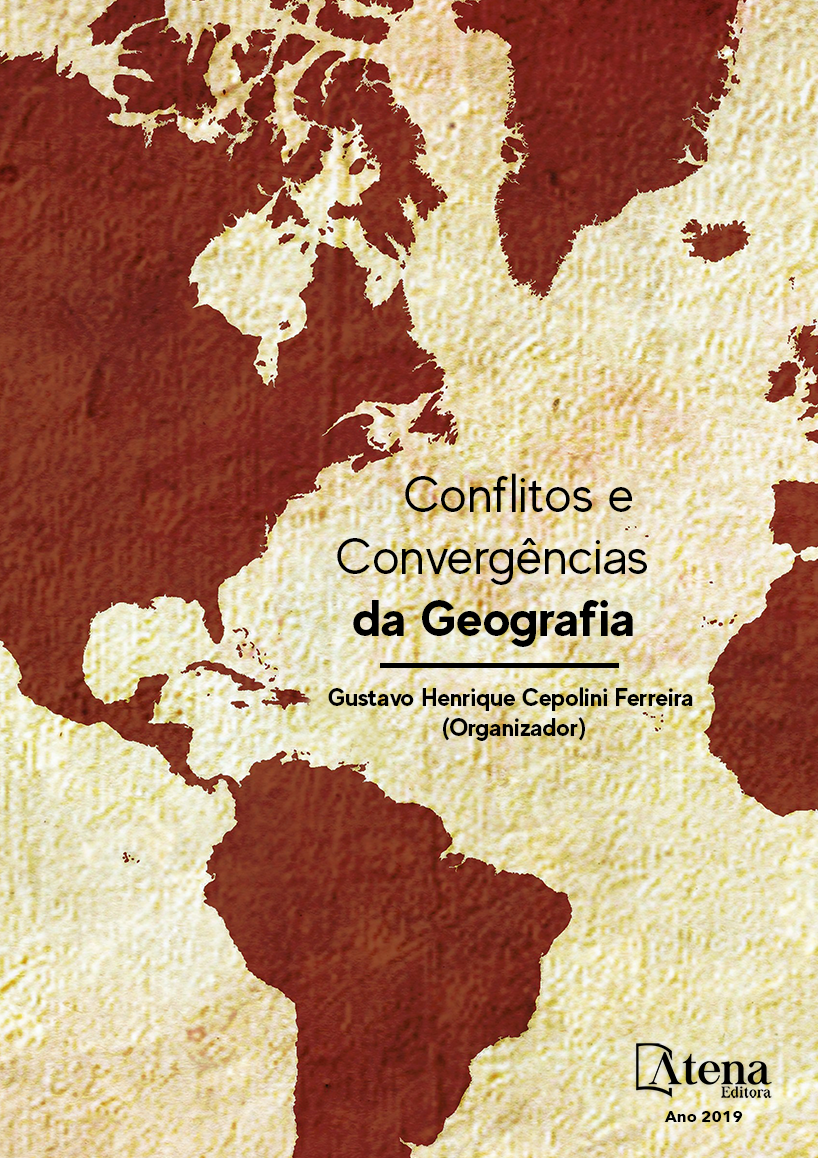
Vitivinicultura Orgânica no Rio Grande do Sul: a expansão da produção sustentável de uva, vinho e suco em Cotiporã e Dom Pedrito
O crescente uso de insumos
químicos, tóxicos e poluentes ao ambiente
e a saúde humana é um dos pontos-chave
presentes em discussões que ajudam a pensar
em formas mais sustentáveis e saudáveis
de se produzir alimentos. Neste segmento,
se enquadra também a produção de uva e
seus derivados como, por exemplo, o suco
e os vinhos. No que tange à vitivinicultura
orgânica, está busca atender principalmente as
demandas crescentes verificadas no mercado
consumidor, garantindo e assegurando,
menores impactos, danos, ao ambiente onde
são cultivados os vinhedos. No Rio Grande
do Sul, dois municípios vêm se destacando na
produção vitivinícola orgânica, Cotiporã e Dom
Pedrito. Assim, este estudo buscou discutir
sobre a vitivinicultura orgânica praticada nestes
dois municípios, mostrando as suas principais
características e as diferentes possibilidades
desta atividade realizada no estado, partindo
de uma abordagem qualitativa e de recursos
metodológicos que permitiram a construção do
presente artigo. Contatou-se que a produção
orgânica neste setor é economicamente viável
e sustentável, podendo ser desenvolvida por
múltiplos agricultores, bem como, em espaços
agrários regionais distintos.
Vitivinicultura Orgânica no Rio Grande do Sul: a expansão da produção sustentável de uva, vinho e suco em Cotiporã e Dom Pedrito
-
DOI: 10.22533/at.ed.2001915048
-
Palavras-chave: Vitivinicultura orgânica; Cotiporã; Dom Pedrito.
-
Keywords: Organic vitiviculture; Cotiporã; Dom Pedrito.
-
Abstract:
The increasing use of chemical
inputs, toxic and pollutant to the environment
and the health human being are one of the pointkey gifts in quarrels that help to think about more
sustainable and healthful forms of producing
foods. In this segment, if it also fits the production
of grape and its derivatives, will be example,
the juice and the wines. In what it refers the
organic vitivinicultura, is search you mainly take
care of the verified increasing demands in the
consuming market, guaranteeing and assuring,
minors impacts, damages, you the environment
where the vineyards ploughs cultivated. In the
Rio Grande do Sul, two cities come if detaching
in the organic vitivinícola production, Cotiporã
and Dom Pedrito. Thus, this study it searched to argue on the organic vitiviniculture
practised in these two cities, showing its main characteristics and the different
possibilities of this activity carried through in the state, leaving of a qualitative boarding
and metodológicos resources that had allowed the construction of the present article. It
was must observed that the organic production in this sector is economically viable and
sustainable, being able to be developed by multiple agriculturists, as well as, in distinct
regional agrarian spaces.
-
Número de páginas: 15
- Vanessa Manfio
- Rosa Maria Vieira Medeiros
- Vinício Luís Pierozan


